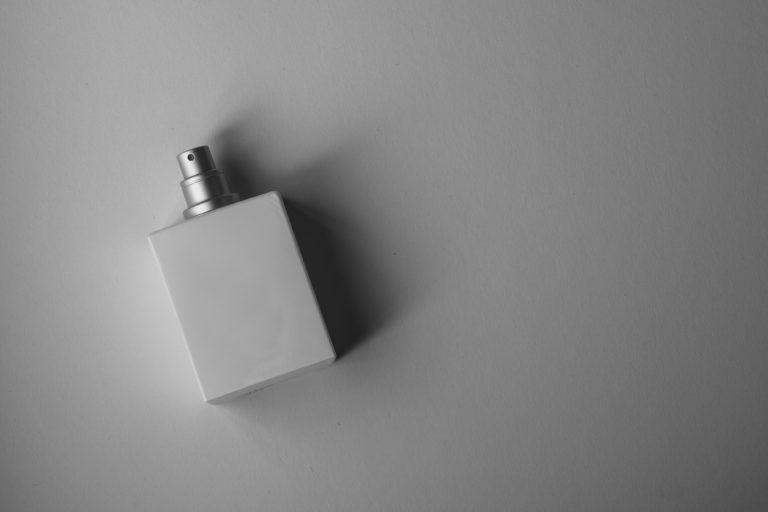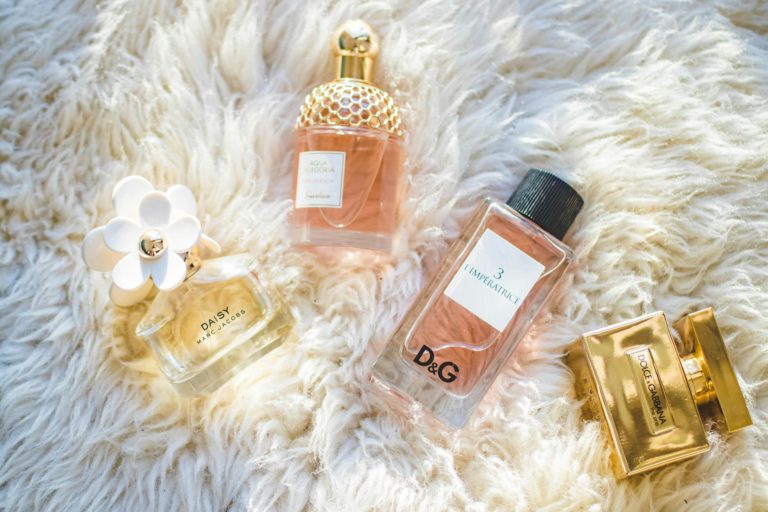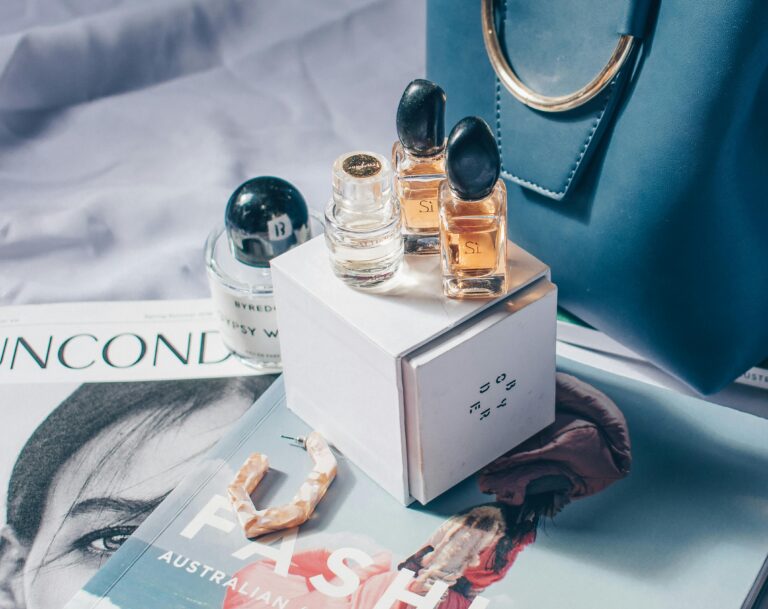Fragrance is more than just a scent; it’s an experience that can influence mood and leave a lasting impression. However, achieving the perfect scent throughout the day relies on choosing the right fragrance and how you apply and store it. Proper application and storage are key to ensuring your fragrance lasts longer and maintains quality. Here’s why these steps matter and how to get the most out of your favorite perfumes and colognes.
Fragrance Application: Maximizing Longevity
How and where you apply fragrance can significantly impact how long it lasts and how the scent develops.
- Pulse Points: Apply fragrance to pulse points like your wrists, neck, behind the ears, and inside elbows. These areas emit heat, which helps diffuse the fragrance more effectively throughout the day.
- Don’t Rub Your Wrists: After applying fragrance to your wrists, avoid rubbing them together. Rubbing can break down the molecules and change the scent.
- Light Spritz vs. Heavy Spray: A light spritz or a quick mist is often enough. Spraying too much can overwhelm your senses and cause the fragrance to wear off quickly as it evaporates too quickly.
- Layering: To enhance the longevity and depth of your fragrance, consider using matching scented body lotions or oils. Layering scents helps the fragrance adhere better to your skin.
Proper application ensures the scent lasts longer and doesn’t overpower the environment.
Fragrance and Skin Type: Understanding Compatibility
The chemistry of your skin can alter how a fragrance smells and how long it lasts.
- Oily Skin: If you have oily skin, fragrance tends to last longer. The oils in your skin can hold onto the fragrance molecules better.
- Dry Skin: For dry skin, fragrances may fade more quickly. To combat this, apply an unscented moisturizer before spritzing your perfume to help the scent last longer.
- pH Balance: Your skin’s pH can also impact how a fragrance develops. A more acidic pH can make fragrances smell different, so it’s important to experiment and find what works best for you.
Understanding your skin type and how it interacts with fragrance can help you get the most from your scent.
The Role of Clothing in Fragrance Application
Your clothes can also play a role in how fragrance is perceived and how long it lasts.
- Natural Fabrics: Apply fragrance directly onto natural fabrics, such as cotton or linen, as they tend to absorb scents better than synthetic materials.
- Avoid Over-Spraying Clothes: While it’s tempting to spray your clothes, be cautious. Some fragrances may stain or leave marks on delicate fabrics.
- Avoid Hair Fragrance Application: While hair can hold scent well, spraying fragrance directly onto it can lead to dryness over time. If you want to scent your hair, use products designed specifically for it, like hair mists.
Clothing can enhance or alter the way a fragrance lingers, so it’s important to apply it thoughtfully.
Proper Fragrance Storage: Preserving Quality
How you store your fragrance is just as important as how you apply it. Poor storage can cause a fragrance to lose its scent or change in character.
- Keep Fragrance Away from Light and Heat: Sunlight and heat can break down fragrance molecules, leading to changes in the scent. Store your perfumes in a cool, dry place, away from direct sunlight, such as in a drawer or cabinet.
- Avoid Humidity: Bathrooms, while convenient for storing fragrances, tend to be humid and can affect the quality of the fragrance over time. Choose a dry, temperature-controlled area for storage.
- Original Packaging: Keeping your fragrance in its original box or packaging can further protect it from light and temperature fluctuations, helping to preserve its integrity.
Storing your fragrance properly ensures it remains fresh and smells as it should over time.
The Impact of Fragrance Expiry
Just like food or makeup, fragrances have a shelf life. Over time, the ingredients in a perfume can degrade, leading to a change in scent or potency.
- Expiration Dates: While most perfumes don’t come with an expiration date, they typically last around 3–5 years if stored correctly. After this period, the fragrance may become less intense or smell off.
- Signs of Expired Fragrance: If the fragrance turns cloudy, changes color, or develops an unpleasant odor, it may have gone bad. These changes are a sign that the fragrance’s chemical composition has deteriorated.
Knowing when your fragrance is nearing the end of its shelf life helps you avoid disappointment.
Fragrance Layering for Personalization
For a more unique scent, consider experimenting with fragrance layering. Combining different perfumes or pairing a perfume with scented body lotions can create a custom fragrance.
- Create a Signature Scent: Layering allows you to personalize your fragrance. For example, you might combine a floral perfume with a warm, musky scent to add complexity.
- Experimenting with Notes: Try blending different fragrance notes (e.g., citrus with woody) to find a combination that complements your body chemistry.
Layering gives you the freedom to create a fragrance that’s uniquely yours.
Conclusion
Proper fragrance application and storage are essential for getting the most out of your perfumes and colognes. By applying scents to the right areas, understanding your skin type, and storing fragrances correctly, you ensure they last longer and retain their true character. With the right care, your favorite fragrance can continue to make a lasting impression for years.
Frequently Asked Questions (FAQs)
1. How can I make my fragrance last longer?
Apply perfume to pulse points, avoid rubbing your wrists together, and consider layering with matching body lotions. Also, store fragrance in a cool, dry place to preserve its integrity.
2. Does the type of skin affect how a fragrance lasts?
Yes. Oily skin tends to hold fragrance longer, while dry skin may cause the scent to fade quicker. Apply a moisturizer before fragrance to help it last on dry skin.
3. Is it okay to apply fragrance to my clothes?
It’s fine to apply fragrance to clothes but avoid over-spraying, especially on delicate fabrics, as some perfumes may stain.
4. How should I store my fragrance?
Store fragrances in a cool, dry place away from light and heat. Avoid keeping them in bathrooms due to humidity, and consider keeping them in their original packaging to protect them.
5. Can fragrances expire?
Yes, perfumes can expire after about 3–5 years, especially if stored improperly. Signs of expired fragrance include changes in color, cloudiness, or an unpleasant odor.



